Research and Policy Media Relations Manager
Gavin draws on more than 25 years of experience in communicating about science, medicine and health policy. She focuses mainly on the health services research done by members of the U-M Institute for Healthcare Policy and Innovation, who work to understand and improve the safety, quality, equity and affordability of health care. As part of the Michigan Medicine communication team, she has lead responsibility for primary care and mental health topics. Contact: [email protected]; Twitter: @Karag

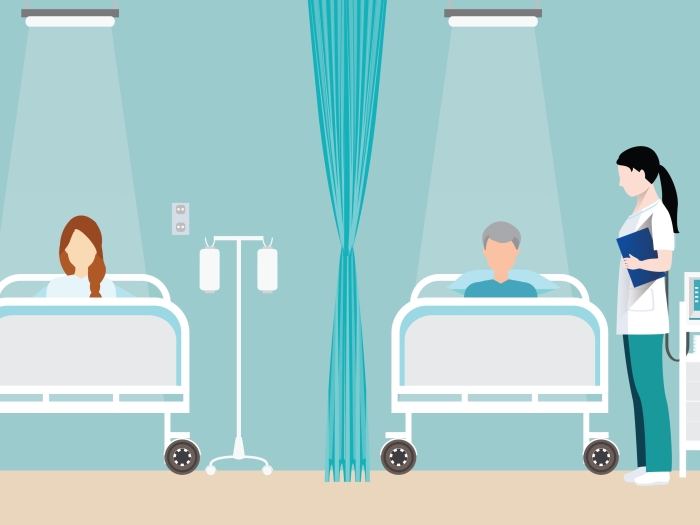
Health Lab
Sending a patient to an intensive care unit after a heart attack, or a flare-up of heart failure or COPD, may sound like the best option. But it’s not always the case.

Health Lab
Learn more about when you should go to the emergency room for eye care and how to tell if your eye problem is really an emergency.

Health Lab
Learn more about how new data shows the use of risky brain-affecting drug combinations, known as polypharmacy, is rising among seniors

Health Lab
Read about a new discovery that helps explain how multiple DNA differences can lead to development of type 2 diabetes.

Medicine at Michigan
Frances and Kenneth Eisenberg’s gift will help transform depression treatment

Health Lab
Learn about new reports recommending Medicare consideration of patients’ education level, income and other health-affecting circumstances when paying or grading health care providers.
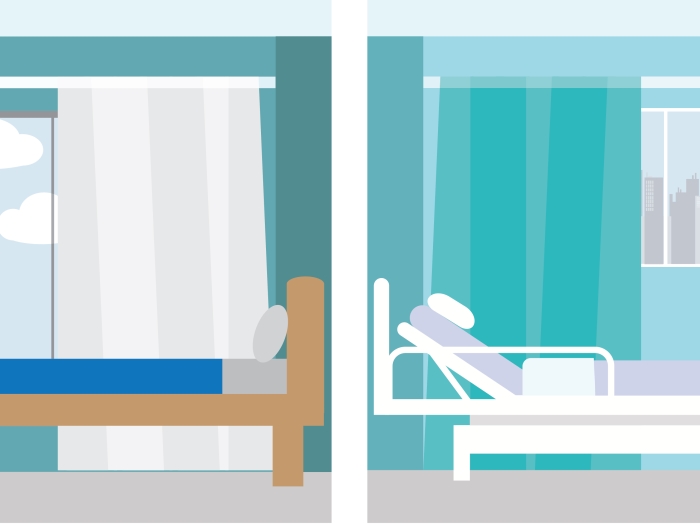
Health Lab
Learn more about a new study that examines how obesity impacts chances of getting hospice care and what it means for costs for the Medicare system.

Health Lab
A Healthy Michigan Plan evaluation shows the ACA Medicaid expansion reduced the unpaid medical care at Michigan hospitals. See the impact on Michigan hospitals.

Health Lab
High dose veteran opioid prescriptions have decreased thanks to a digital tracking system. Learn about veteran opioid abuse & the VA Opioid Safety Initiative.

Health Lab
The cost of post acute care management varies when comparing outpatient care to inpatient care. See the U-M study results on the cost of post operative care.

Health Lab
Study suggests high deductible health plans cost patients with chronic illnesses more out of pocket. See how health plan deductibles change health care costs.
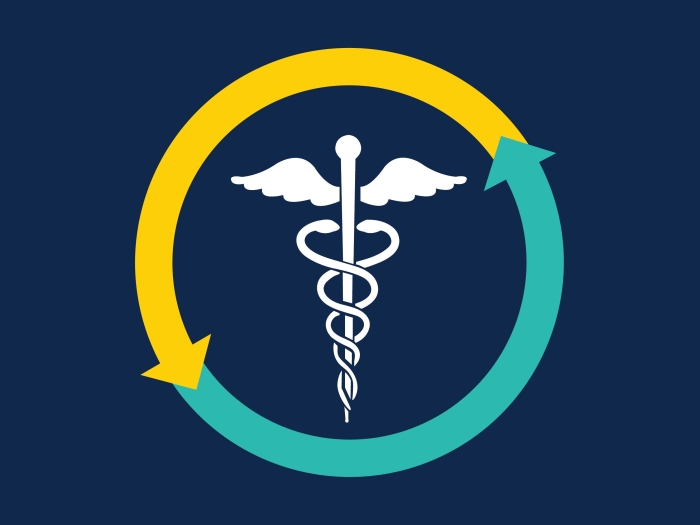
Health Lab
Study shows The Healthy Michigan Plan, which offers health insurance to low income adults, pays for itself. Learn more about the Michigan Medicaid Expansion.
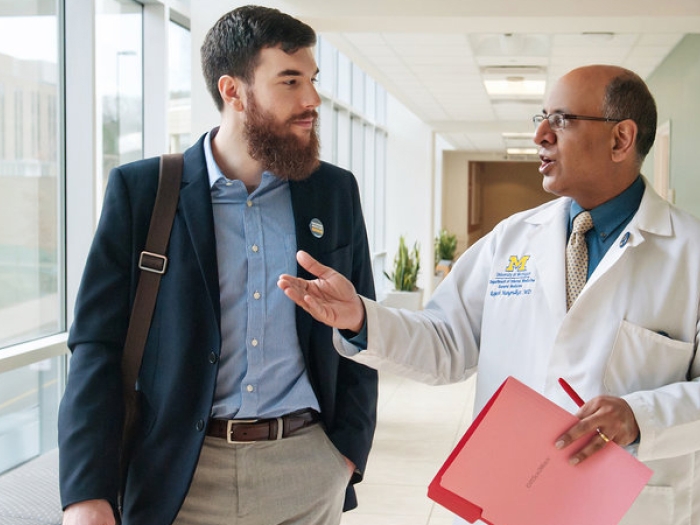
Health Lab
Scholarly concentrations allow medical school students to choose an additional focus like global medicine or health policy. Learn about U-Ms Paths of Excellence.
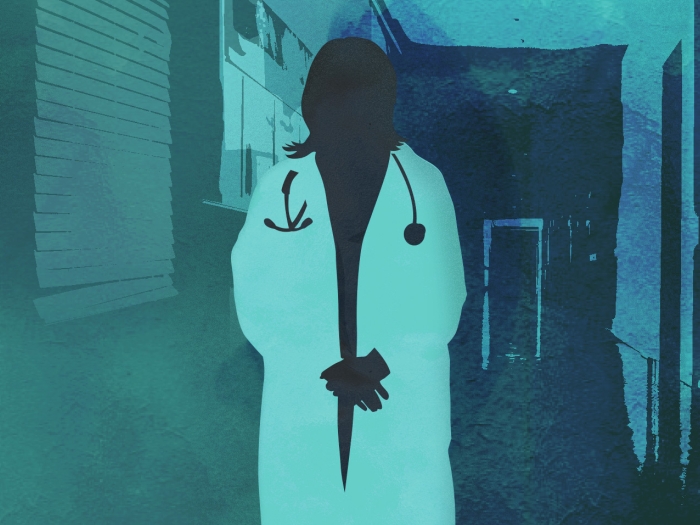
Health Lab
Study shows 1 in 4 medical students are suffering from medical school depression. See how U-M plans to address depression in medical school & during residency.

Health Lab
The U-M has begun participating in the IRACDA program which pairs postdoctoral fellows with students pursuing associate degrees. Learn more about the IRACDA.